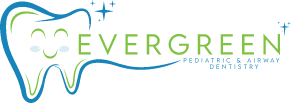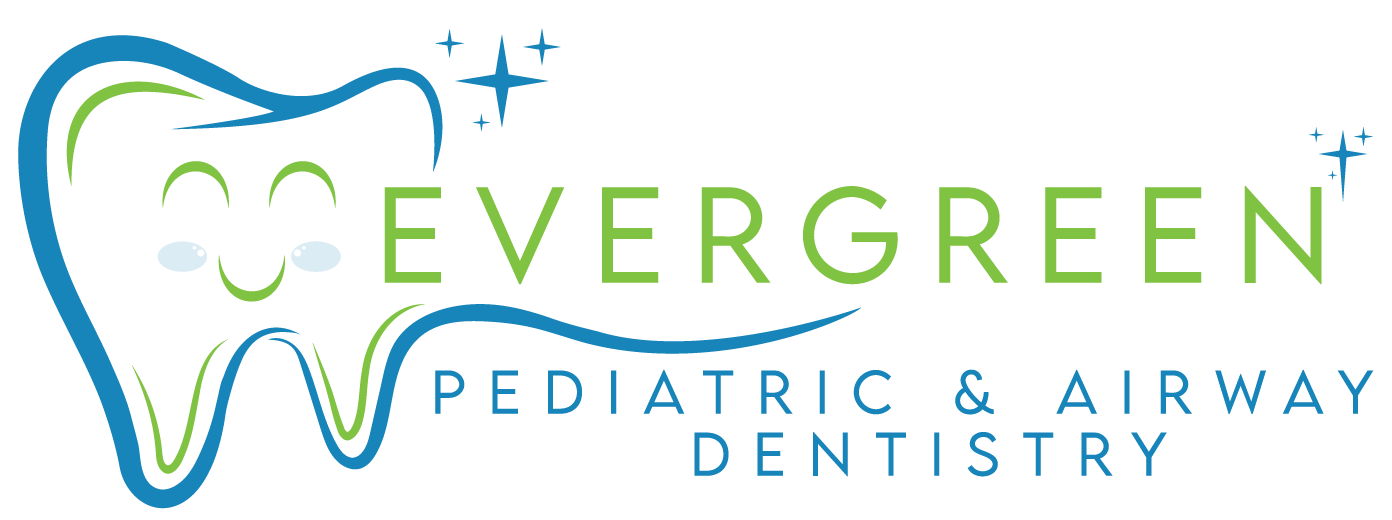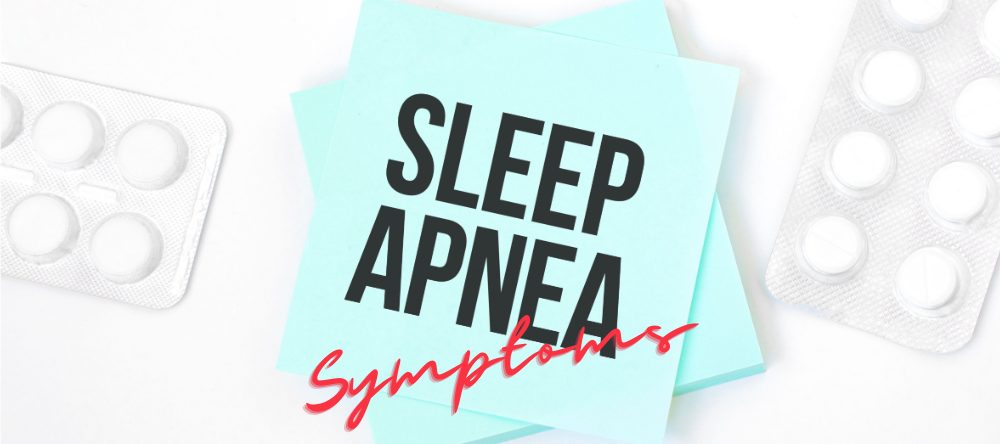Have you ever wondered, what are the symptoms of sleep apnea? Let’s find out!
Does your child frequently feel overwhelmingly sleepy during the day? Is it difficult for them to stay alert, or are you finding them dozing off easily at night? While you might think this is due to a hectic schedule or growing, these could be signs of something more serious: pediatric sleep apnea.
Sleep apnea is a condition where breathing repeatedly stops and starts during sleep, often without you knowing it. This can cause multiple awakenings, although they might not remember them.
These interruptions greatly diminish the quality of your child’s sleep, leaving them feeling exhausted throughout the day. If left untreated, sleep apnea can severely impact your child’s overall health.
The Symptoms of Sleep Apnea
Excessive Daytime Sleepiness
Do you find your child struggling to stay awake during the day, no matter how much sleep they seem to get? Falling asleep during quiet activities like reading, watching TV, or even during school can indicate severe sleep deprivation due to sleep apnea. The constant interruption of their breathing during sleep means they don’t get enough rest, leading to tiredness and fatigue throughout the day.
Morning Headaches
Waking up with a headache or feeling disoriented is another common symptom of sleep apnea. The frequent drops in oxygen levels throughout the night affect blood flow and pressure, causing morning headaches.
Irritability and Mood Changes
Fragmented sleep due to sleep apnea can greatly affect your child’s mental and emotional health. Many children with undiagnosed sleep apnea experience increased irritability, anxiety, and mood swings. The lack of restorative sleep disrupts the brain’s necessary sleep cycles, impacting mood regulation and emotional stability.
Nocturia and Frequent Nighttime Urination
Making multiple trips to the bathroom at night might not just be normal but could be linked to sleep apnea. Fluctuating oxygen levels can trigger the release of natriuretic peptides, increasing urine production.
Dry Mouth and Sore Throat in the Morning
Waking up with a dry mouth and sore throat can indicate sleep issues. Struggling to breathe with an obstructed airway often means sleeping with the mouth open, which dries out the mouth and throat.
Night Sweats
Waking up drenched in sweat might also be a response to the stress your child’s body experiences from repeated oxygen deprivation due to sleep apnea. This stress can disrupt normal body temperature regulation, causing night sweats.
High Blood Pressure
Research has shown that sleep apnea can significantly increase the risk of developing high blood pressure. The repeated stopping and starting of breathing during the night raises blood pressure, which can have long-term cardiovascular effects.
Gasping or Choking While Sleeping
Gasping or choking while sleeping can be alarming and is often the symptom that prompts parents to seek treatment for sleep apnea. These episodes are your child’s body’s way of restarting breathing and can become more frequent as the condition progresses.
Uncommon Signs of Pediatric Sleep Apnea (PSA)
Pediatric Sleep Apnea (PSA) can present several less obvious symptoms that may indicate its presence:
Mouth Breathing: This often occurs as a response to blocked nasal passages during sleep, making the mouth the primary route for breathing.
Nightmares and Restless Sleep: Disruptions in the natural sleep cycle frequently lead to nightmares and restless nights, making sleep less restorative.
Chronic Allergies: Children with PSA may notice that their respiratory symptoms worsen due to continued airway obstruction.
Bedwetting: This can occur in both children and adults with PSA due to disruptions in sleep stages affecting bladder control.
Swollen Tonsils or Adenoids: Especially common in children, enlarged tonsils or adenoids can significantly block the airway, worsening sleep apnea.
Irritability: Lack of restful sleep can affect emotional regulation, often resulting in increased irritability.
Morning Headaches: These are typically caused by fluctuating oxygen levels during disrupted sleep patterns.
Grinding Teeth (Bruxism): This is often an unconscious reflex aimed at reopening the airway during sleep.
ADD/ADHD: Symptoms such as lack of focus and inattention can worsen due to poor sleep quality associated with PSA.
Tongue & Lip Tie: Restrictions in mouth and airway alignment may contribute to the development of PSA.
Depression: Chronic sleep disruption can lead to depression due to long-term sleep deprivation.
Anger: Increased anger and frustration can result directly from fatigue and poor sleep quality.
Recognizing these symptoms is crucial for timely diagnosis and management of PSA. Consulting with a healthcare professional like Dr. Susan Kim can provide insights and treatment options to effectively manage PSA.
Vivos Sleep Apnea Treatment
If your child is struggling with symptoms caused by a possible airway problem, the Vivos Treatment offers a promising alternative for a better night’s sleep.
The Vivos system is a non-surgical approach that targets the root causes of airway issues and sleep apnea through dental and orthodontic methods. It aims to permanently enhance the airway structure by adjusting the jaw and oral tissues.
Here’s why Vivos is becoming a preferred choice:
- Non-invasive: Free from surgery, masks, and nightly equipment.
- Holistic treatment: Focuses on naturally reshaping the airway.
- Efficient duration: Most treatments are completed within 12 to 24 months.
- Quiet nights: Aims to reduce snoring.
The Vivos System utilizes a tailor-made oral appliance worn during sleep, which also aids in reducing snoring. This dental oral appliance gently widens the jaw and enlarges the airway space. Consequently, many patients not only see a great improvement in their sleep quality but also in their overall health.
Interested in a quieter, more restful sleep for your child? Discuss the Vivos treatment with Dr. Susan, a trusted expert in dental sleep medicine, and explore a natural path to better sleep.
Act Now!
At Evergreen Pediatric & Airway Dentistry in Kirkland, WA, Dr. Susan understands the importance of your child waking up each morning feeling fully energized and ready to tackle their day. To achieve this, you need uninterrupted, restful sleep throughout the night. Unfortunately, symptoms of sleep apnea disrupts this ideal by causing heavy snoring and gasping for air, leaving your child feeling exhausted no matter how long they spend in bed.
Here’s how Dr. Susan can help:
- Initial Assessment: Begin with a comprehensive review of your child’s sleep history and symptoms to identify the underlying issues.
- Customized Treatment: We craft a personalized plan that may include bespoke oral appliances, specific breathing exercises, and advanced CPAP alternatives.
- Continuous Support: We are committed to guiding your child toward restored airways and consistent, rejuvenating sleep.
Don’t let your child go another day feeling less than their best. Schedule a consultation today with Dr. Susan Kim, a certified provider in dental sleep medicine at Evergreen Pediatric & Airway Dentistry, and take the first step towards reclaiming restful nights and playful days.
Schedule Your Child’s Free Consultation Today!
Evergreen Pediatric Dentistry
https://www.google.com/maps?cid=14720788683151219551
12910 Totem Lake Blvd NE #103, Kirkland, WA 98034, United States
(425) 814-3196
https://evergreenkidsdentist.com/




